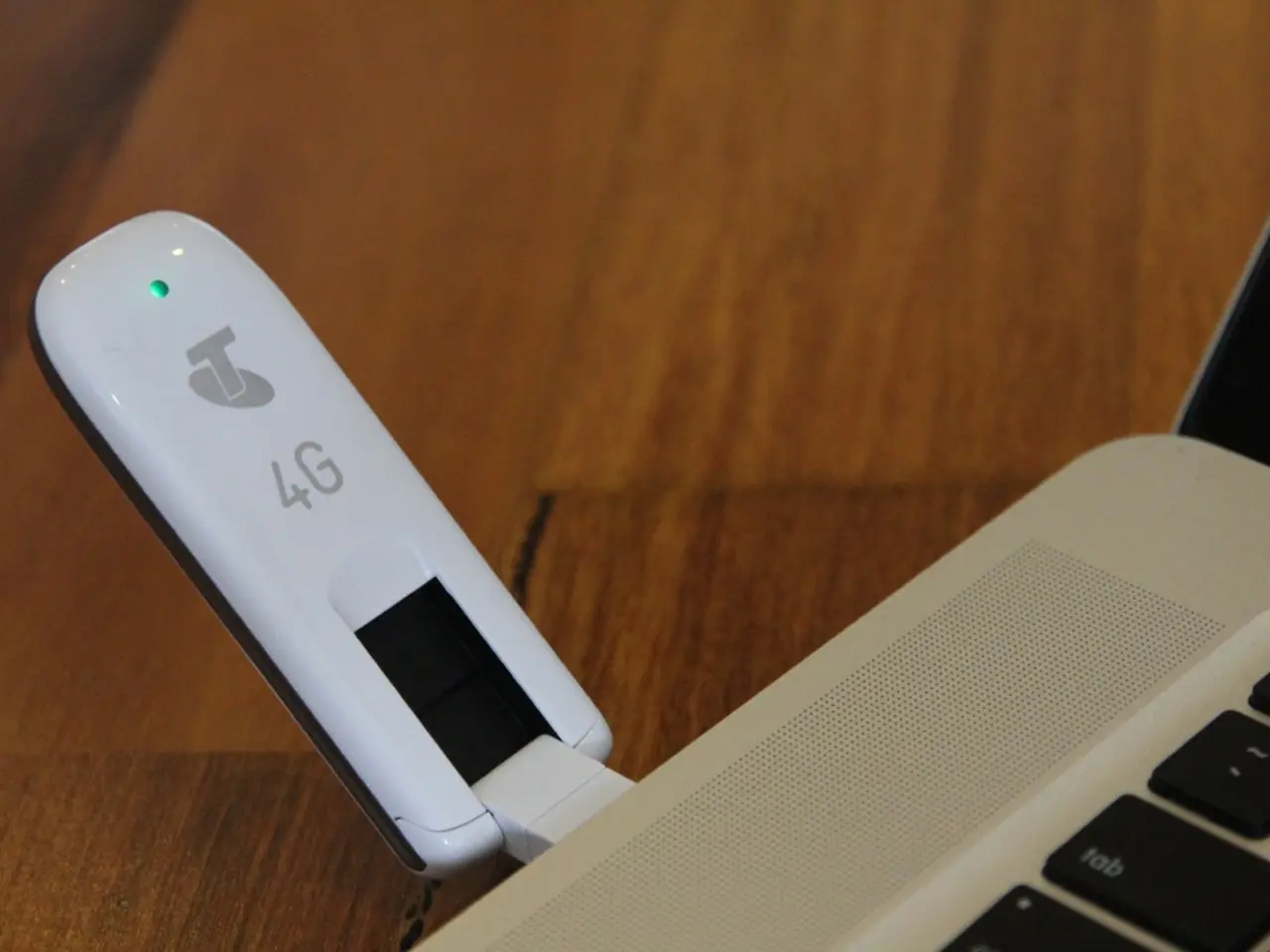Space-Based Examination Reveals Optimal Tumor Treatment Strategy
The International Space Station (ISS) National Lab, a unique laboratory for research and technology development, has been instrumental in advancing science for the benefit of humanity. Recently, Encapsulate, a biotech startup, launched its first experiments on SpaceX's 30th commercial resupply mission, contracted by NASA.
Encapsulate's innovative tumor-on-a-chip system utilizes the microgravity environment on the ISS to grow patient biopsy samples into miniature tumors. This unique microgravity setting enables the system to observe how tumors actually respond to treatments in a way that is more precise and reflective of human biology than Earth-based testing methods.
Key elements of this approach include miniaturized tumor growth from patient biopsies aboard the ISS, testing multiple therapies on these tumors in space to determine which treatment works best for the specific tumor, and the use of an autonomous CubeLab on the ISS to conduct these experiments remotely and continuously monitor tumor responses.
The system's development and clinical validation are being accelerated by substantial funding from NASA’s In Space Production Applications (InSPA) program ($3.63 million) and the National Science Foundation ($1.25 million). Ongoing and expanding clinical studies aim to profile hundreds of patients with colorectal and pancreatic cancers using this space-based tumor-on-a-chip platform.
By utilizing the unique physiological effects of microgravity, Encapsulate's system offers a novel, patient-personalized cancer diagnostic approach that could significantly improve treatment selection and outcomes. The ISS National Lab, managed by the Center for the Advancement of Science in Space (CASIS), facilitates access to this permanent microgravity research environment for researchers from various sectors.
CASIS also accepts corporate and individual donations to advance science in space for the benefit of humanity. For media inquiries, contact Patrick O'Neill at [email protected].
Microgravity exposed early tumor cell movement patterns linked to metastasis, which could potentially predict metastatic events from the day of the biopsy. The ISS National Lab has a website for more information, located at 1005 Viera Blvd., Suite 101, Rockledge, FL 32955.
The ISS National Laboratory is a public service enterprise that aims to improve life on Earth, mature space-based business models, advance science literacy, and expand a market in low Earth orbit. Encapsulate, the startup behind this groundbreaking technology, is committed to revolutionizing cancer diagnostics and improving patient outcomes.
[1] Encapsulate Press Release, [date], URL [2] ISS National Lab Press Release, [date], URL
- The unique microgravity environment on the International Space Station (ISS) is being used by Encapsulate, a biotech startup, to grow patient biopsy samples into miniature tumors for personalized cancer diagnostics.
- Encapsulate's innovative system, utilizing the tumor-on-a-chip method, could significantly improve treatment selection and outcomes for patients with colorectal and pancreatic cancers.
- Researchers from various sectors have access to the permanent microgravity research environment on the ISS, thanks to the ISS National Lab, managed by the Center for the Advancement of Science in Space (CASIS), which accepts corporate and individual donations to advance science in space for the benefit of humanity.




